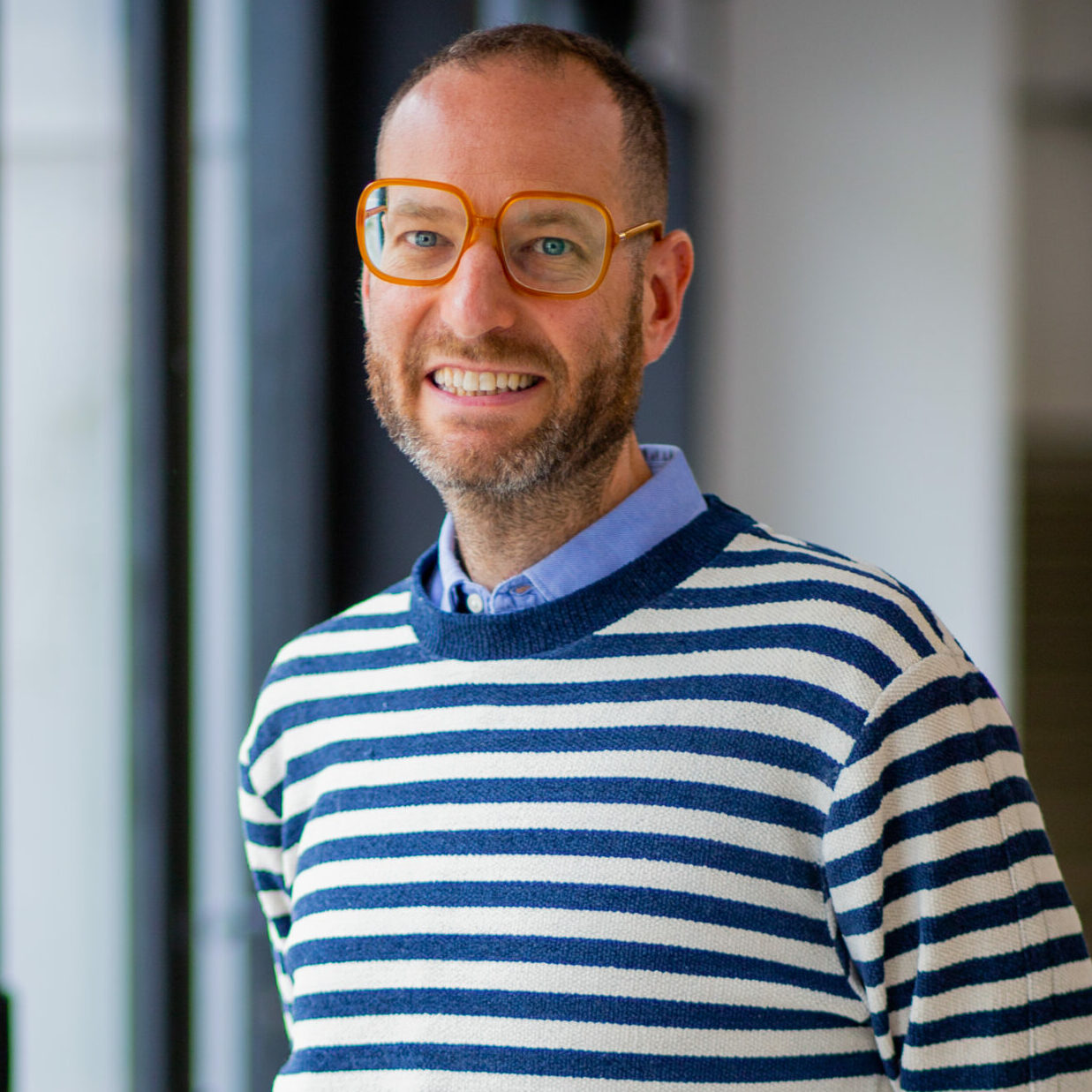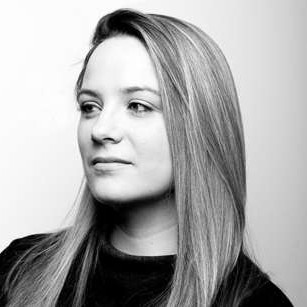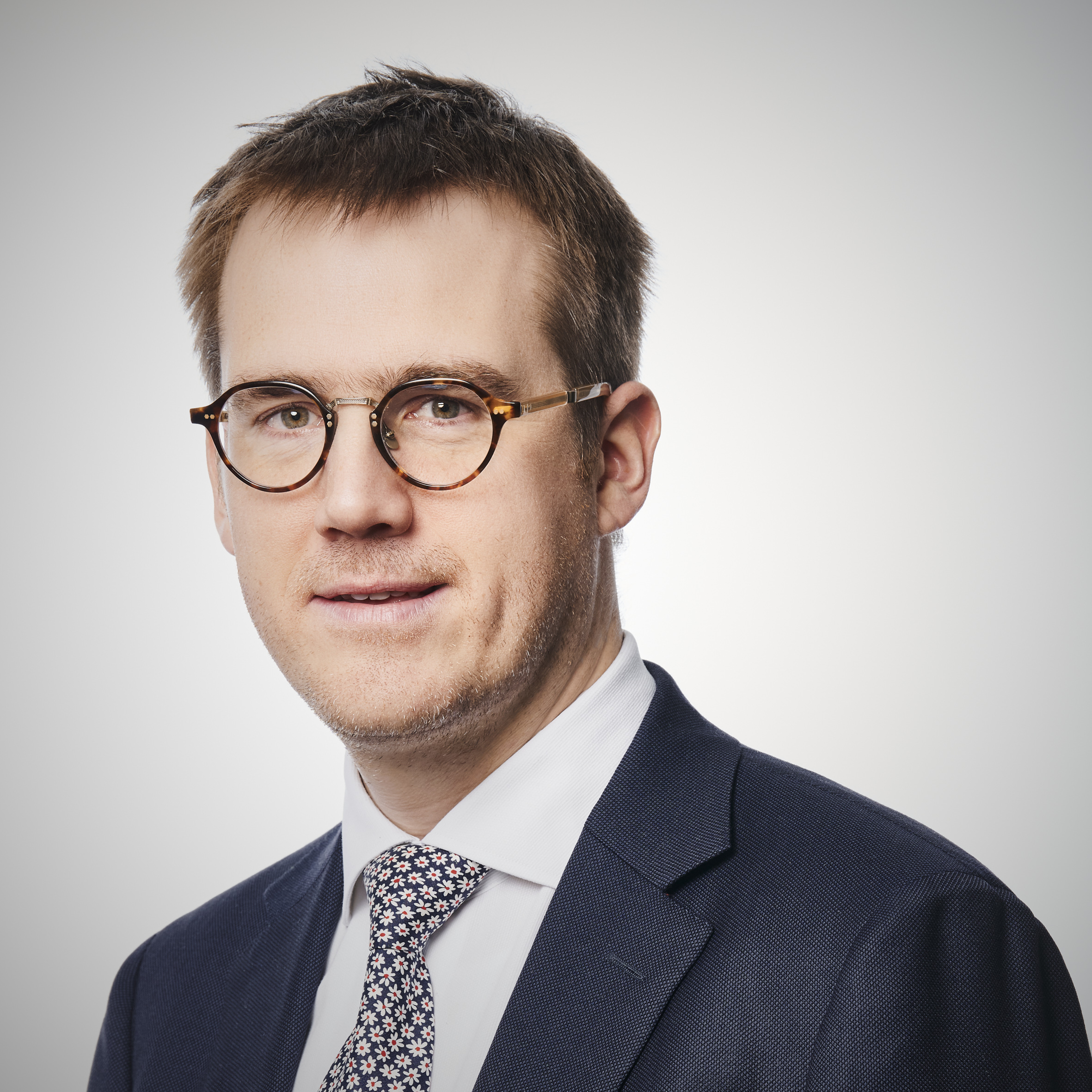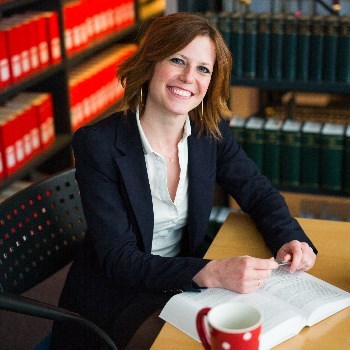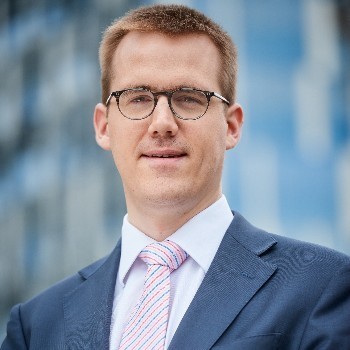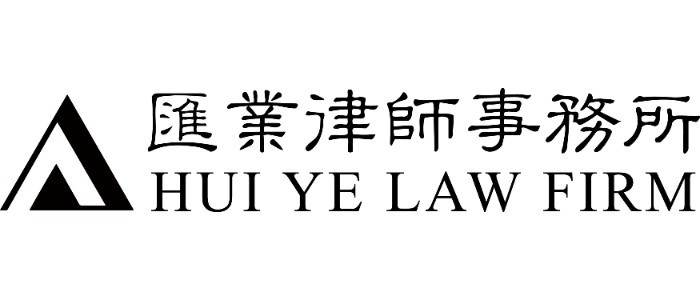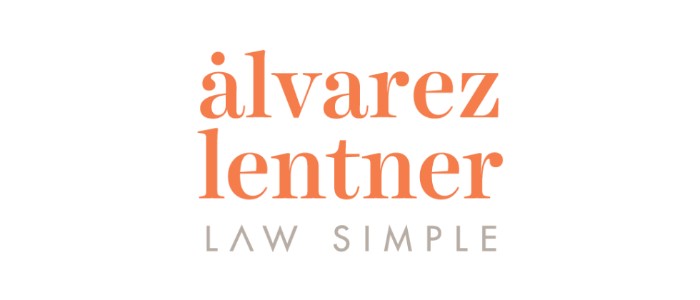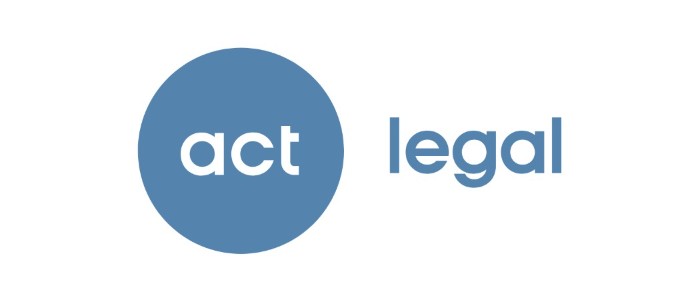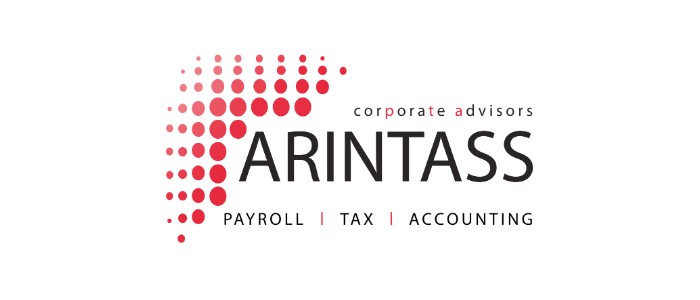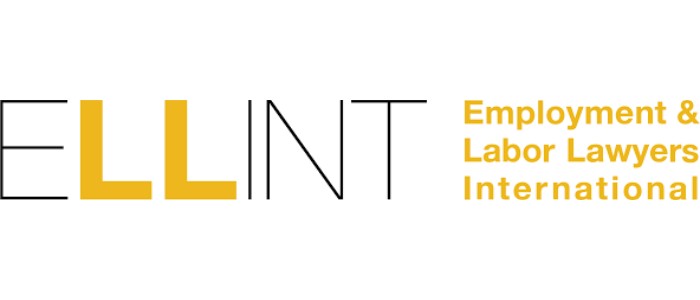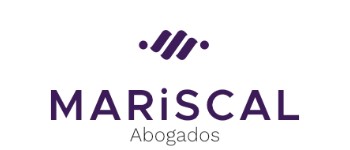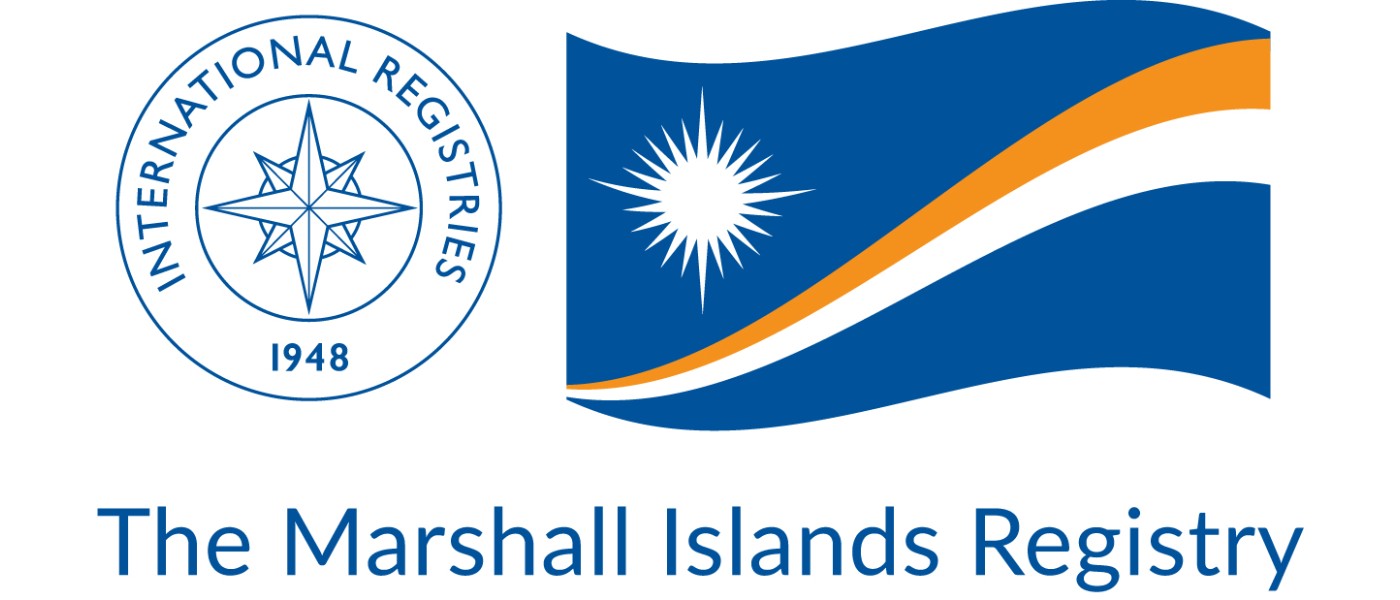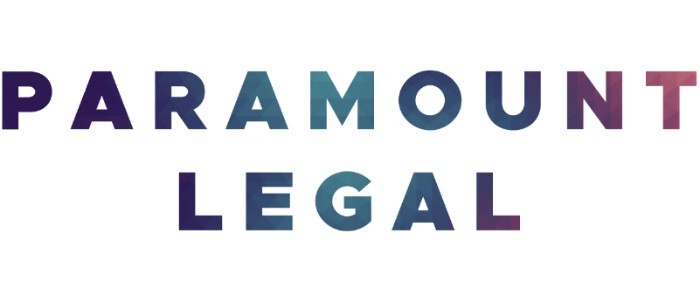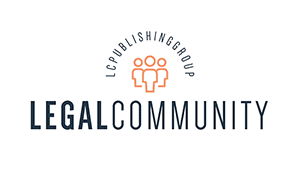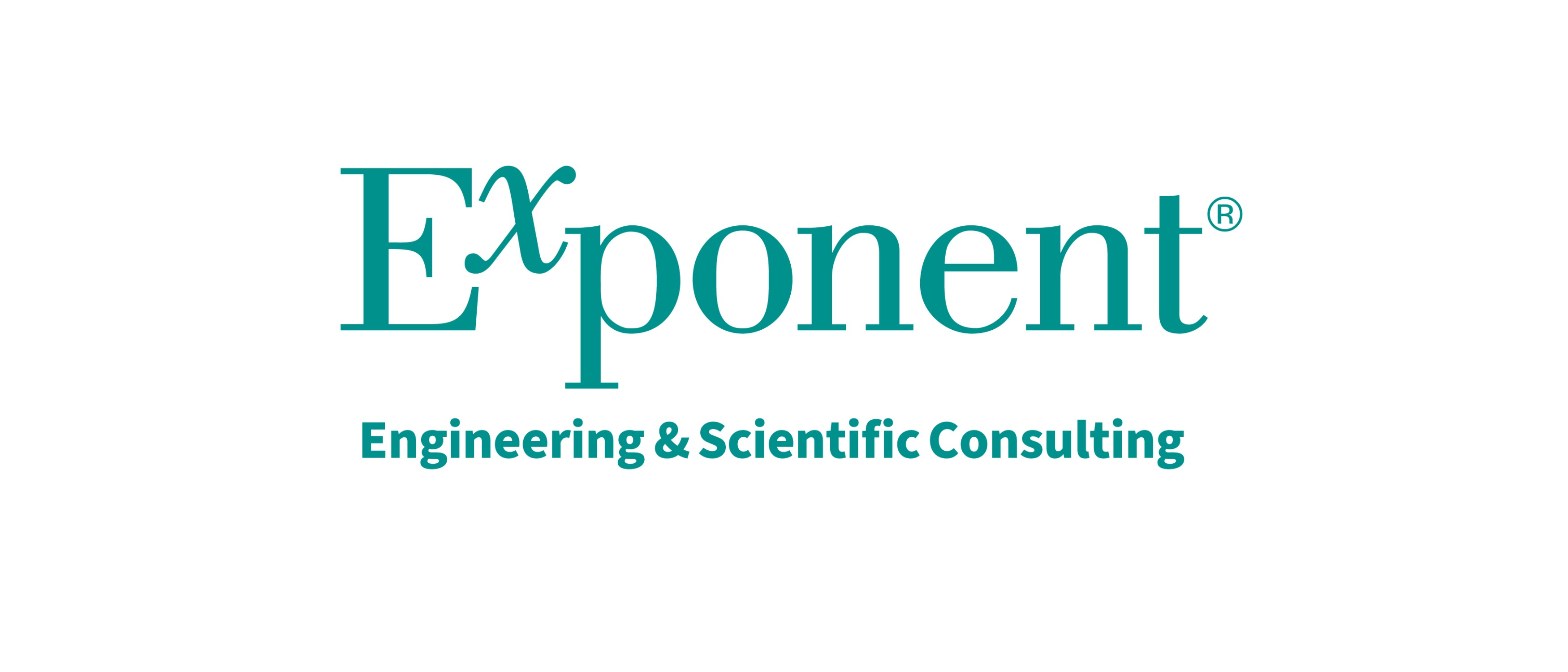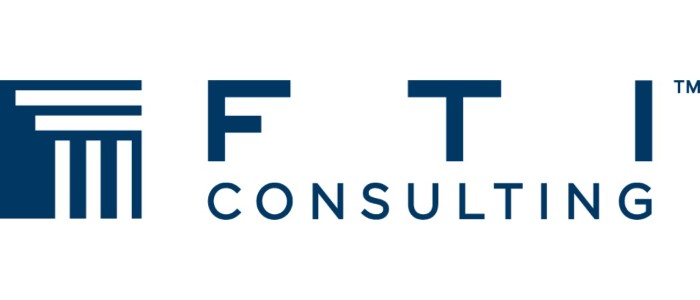In today’s world, we are more connected than ever. This means we face challenges that extend across borders—like climate change, human rights abuses, and challenges posed by emerging technologies.
The role of international lawyers has therefore become even more relevant. International lawyers know how to bridge the divide between diverse cultures and economic systems. They regularly deal with intergovernmental relations.
Since the Paris Climate Agreement, we have seen a massive inflow of cases against states and big corporates where the law and human rights in particular are used to enforce the targets. International lawyers are therefore ideally placed to leverage their collective expertise to find solutions to cross-border legal challenges—solutions that are just, equitable, and foster a more harmonious international order.
In this session we will tackle the themes of the conference together with Adam Weiss, Director of Programmes for Europe of the NGO ClientEarth.
ClientEarth is using the power of law to protect people and the planet. That work ranges across food, ocean and land use, energy, transport, materials, and legal and economic systems. We will address the question of whether investment state arbitration (ISDS) is still an appropriate and sound mechanism in international trade agreements.
Would it be fair to personally engage the responsibility of directors of big corporations if they do not take measures to avoid climate change seriously?
What would the consequences be of the recent milestone cases forcing States (Klimaseniorinnen v. Switzerland) and Companies (Shell case) to reduce greenhouse gas emissions with concrete measures. What about the separation of powers ? Are judges trespassing on policy making ?
Finally technology has helped humankind overcome many challenges ? How far can we rely on it to avoid a + 3°C rise ? How will climate change and policy measures affect globalisation?
A kick start interview with food for thought for the beginning of the Congress.


